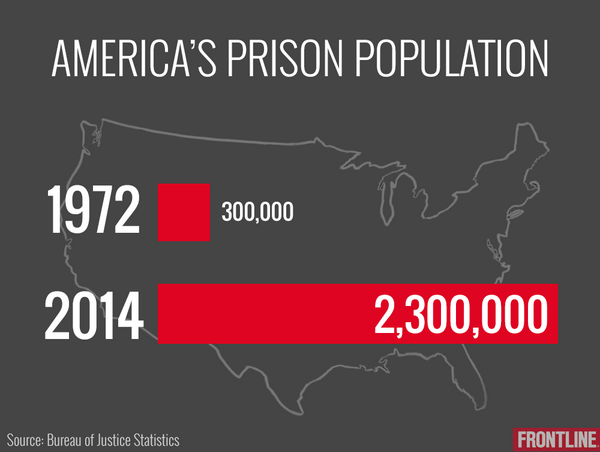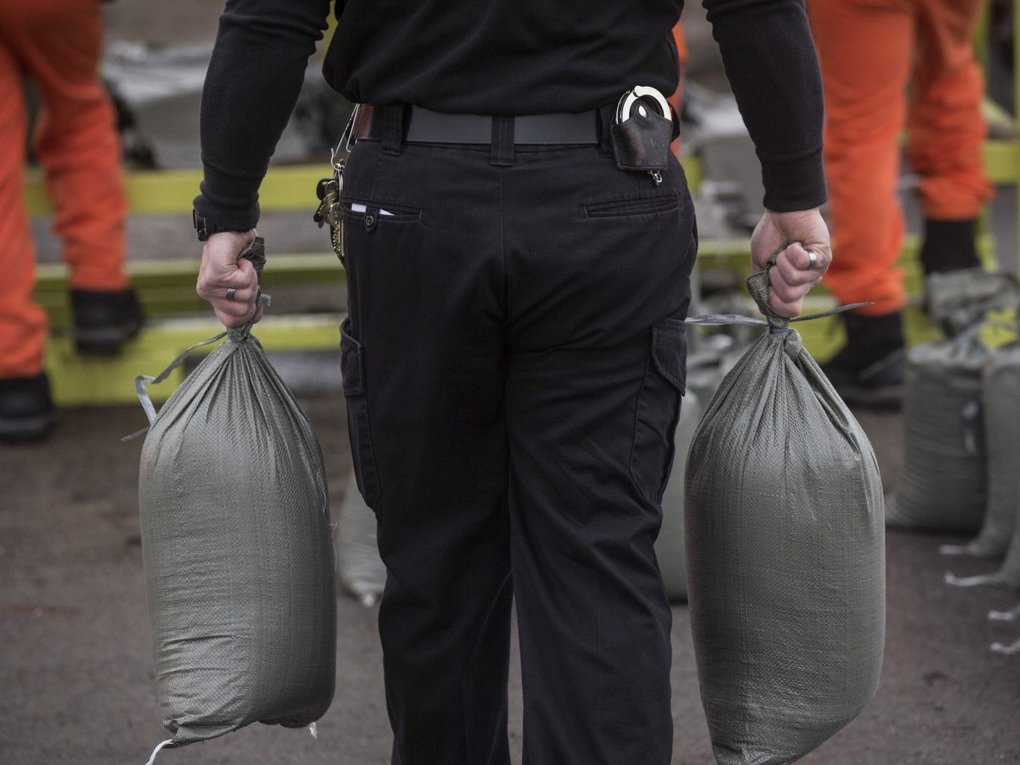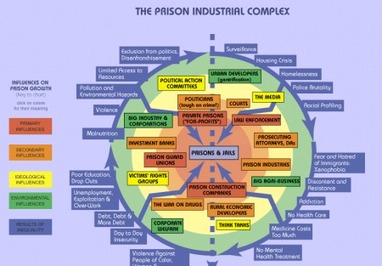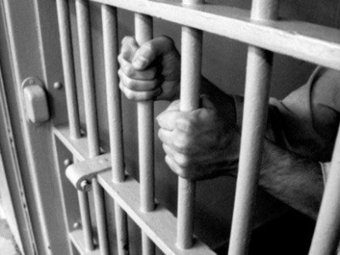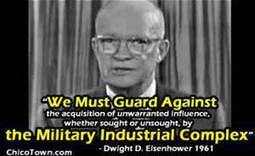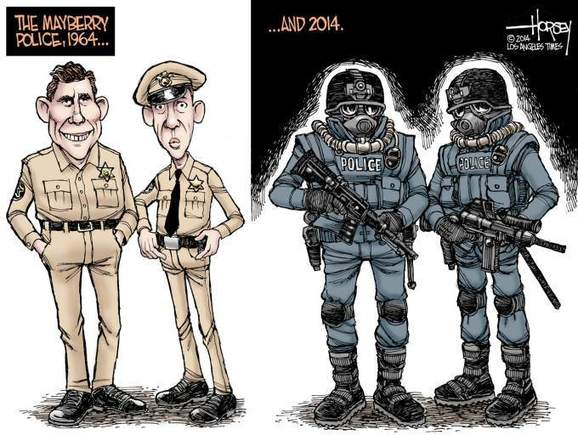RT @tweetvazquez: We haven't ended segregation, we just redesigned it. -Michelle Alexander #ACLULeads pic.twitter.com/XjrfekC1Ic
— NJJNetwork (@NJJNetwork) June 14, 2015
1 out of every 100 American adults are currently behind bars,basically are slaves – RT @bassem_masri ….. http://t.co/UrZBNc4uhc…
— DcSlumdog (@DcSlumdog) June 14, 2015
THOUSANDS of wrongfully incarcerated people have been released, but not ONE person has been held responsible for it. Ever.
— Shaun King (@ShaunKing) June 11, 2015
People In Prison Pay Millions To Call Loved Ones Every Year. Now This Company Wants Even More.
http://t.co/B5DORpmWR5
#PrisonDivest
— Advancement Project (@adv_project) June 13, 2015
Right now, as we speak, over 400 people have been in Riker's Island for OVER TWO YEARS, without ever being convicted
http://t.co/WeRErIlKsc
— Shaun King (@ShaunKing) June 10, 2015
This is the New Jim Crow. https://t.co/MzNMYecd5h
— Shaun King (@ShaunKing) June 9, 2015


